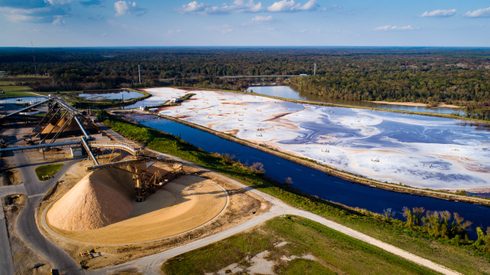This development marks an earlier start for 2025 renewable transport fuel certificates (RTFCs) compared with last year, when 2024 tickets did not appear until late August.
UK-based oil major BP placed a spread bid for 2024 non-crop RTFCs versus 2025 non-crop at minus 0.75, indicating the first signs of 2025 ticket activity, according to trade sources.
A source told Fastmarkets that 2023 tickets seem “pretty done,” leading market participants to turn their attention to 2024 and 2025 certificates.
Last year’s first offer for 2024 tickets suggested parity with 2023 certificates, with BP offering between 2 million and 5 million 2024 non-crop RTFCs for transfer in March 2025 at 21.5 pence per certificate.
This was consistent with their 2023 certificates, which had bids at 19.5 pence and offers at 21.5 pence per certificate.
The current bid from BP suggests that the market is beginning to look forward, with early signs of 2025 tickets emerging earlier than trade sources had expected.
The bid pitches the value of the non-crop 2024 certificate, which was heard offered on Friday at 19.8 pence per certificate, at a slight discount to the price of the 2025 certificate.
Other trade sources said that the price difference between the 2024 certificate and its 2025 counterpart was heard offered at a premium of 0.25, suggesting 2024 would trade at parity, or a slight discount, to the 2025 certificate.
Fuel blend targets
Under the UK’s Renewable Transport Fuels Obligation (RTFO), the blend targets and sub-targets continue to evolve annually, aiming to boost the use of non-crop biofuels and advanced biofuels.
Obligated parties under the RTFO can meet their targets either by physically blending biofuels or trading RTFCs, which are generated when sustainable fuels are supplied into the UK market.
Since the beginning of 2024, the UK’s biofuel blend target rose to 14.9% of the entire fuel supply, with a reduction in the contribution from first-generation crop-based biofuels to 3.33%.
The percentage expected from non-crop, largely waste-based feedstocks increased to 10.2%, while development fuels rose to 1.37% from 1.14%.
From January 1, 2025, the overall renewable fuel blend mandate will increase to 15.7% of all fuel supplied, with waste-based fuels supplying 10.9%, crop-based fuels falling to 3.17%, and development fuels rising to 1.6%.
View our feedstock prices






